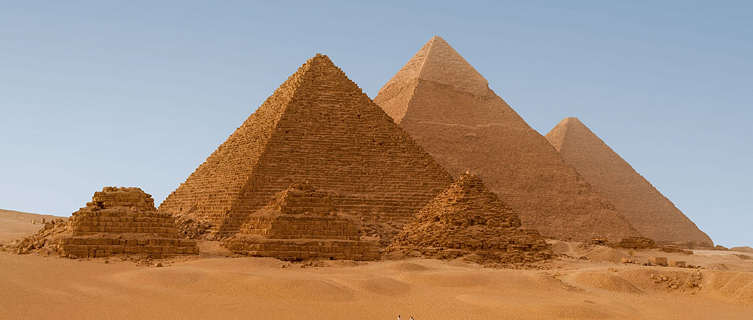 Egypt Travel Guide
Egypt Travel Guide
From iconic pyramids and medieval bazaars, to natural beauty and a vibrant contemporary culture, Egypt is a land packed with captivating treasures.
The pyramids at Giza - the sole survivors of the seven ancient wonders - the lotus-columned Temples of Luxor and Karnak, sunrise across the Valley of the Kings, and the sound-and-light show at the mighty tombs of Abu Simbel have thrilled visitors to Egypt for centuries.
Egypt's natural assets are equally as potent,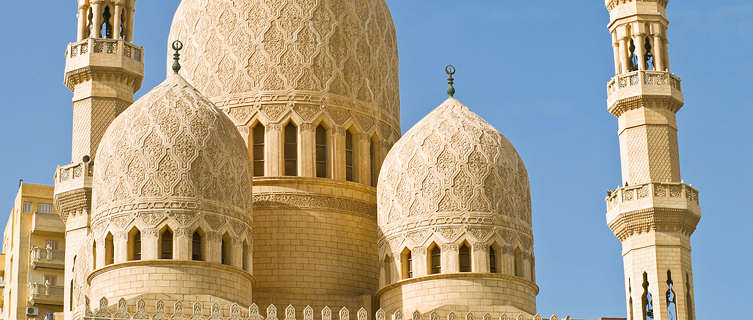 with the white desert's wind-polished rock formations, the iron-clad mountains of the Sinai, and the gleaming underwater landscapes of the Red Sea.
A pulsing modern Arab state throbs beneath the surface, and, ultimately, Egypt is best understood not so much under the shadow of its great monuments, splendid though they are, but in the call to prayer at sunset, in the chatter of hooves on tarmac in a rural village, or tea and talk with Egypt's garrulous residents in a random coffeehouse
with the white desert's wind-polished rock formations, the iron-clad mountains of the Sinai, and the gleaming underwater landscapes of the Red Sea.
A pulsing modern Arab state throbs beneath the surface, and, ultimately, Egypt is best understood not so much under the shadow of its great monuments, splendid though they are, but in the call to prayer at sunset, in the chatter of hooves on tarmac in a rural village, or tea and talk with Egypt's garrulous residents in a random coffeehouse ,
,
Top destinations
,r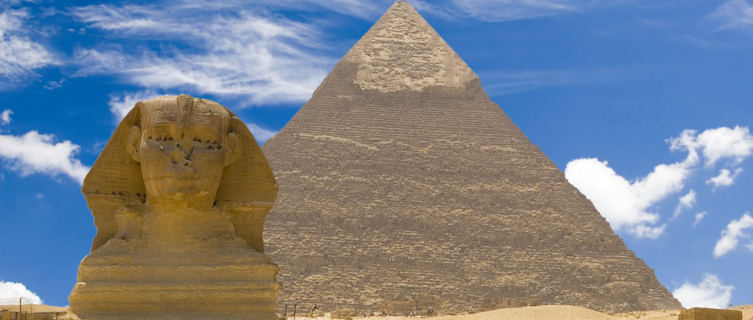
Cairo Travel Guide
om the Pyramids of Giza and traders’ banter at Khan al-Khalili bazaar to sailing on the Nile, it’s no surprise that Cairo is dubbed the Mother of All Cities by Egyptians.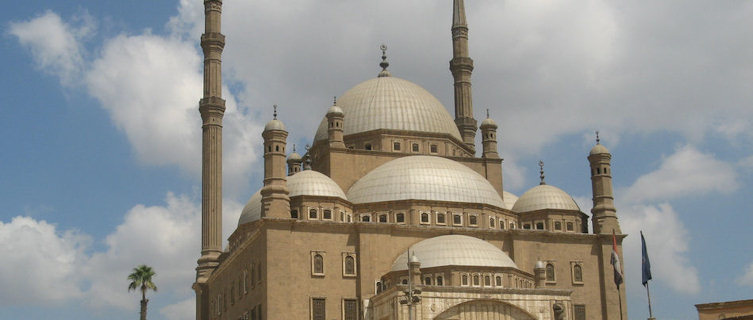
Egypt’s capital, and Africa’s largest city, boasts attractions of biblical proportions – literally. Giza’s Sphinx and pyramids are iconic as to be beyond description. Add to this the astonishing gold of Tutankhamun buried in the dusty corridors of the Cairo Museum, the Islamic treasures of bejewelled mosques, labyrinthine medieval alleyways lined with tempting spices and colourful textiles and the daily shrill calls to prayer rising above the cacophony of car horns and crowded streets.
Escape from the city’s bustle by ordering a mint tea in a traditional ahwa (coffeehouse) or taking a felucca ride on the river Nile, Cairo’s lifeblood and Africa’s most significant waterway.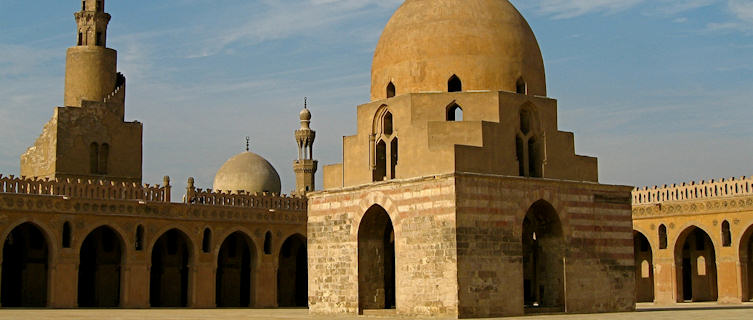
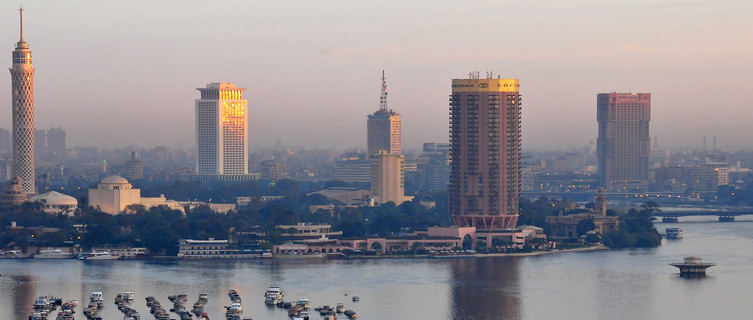 ,,,,
,,,,
No comments:
Post a Comment